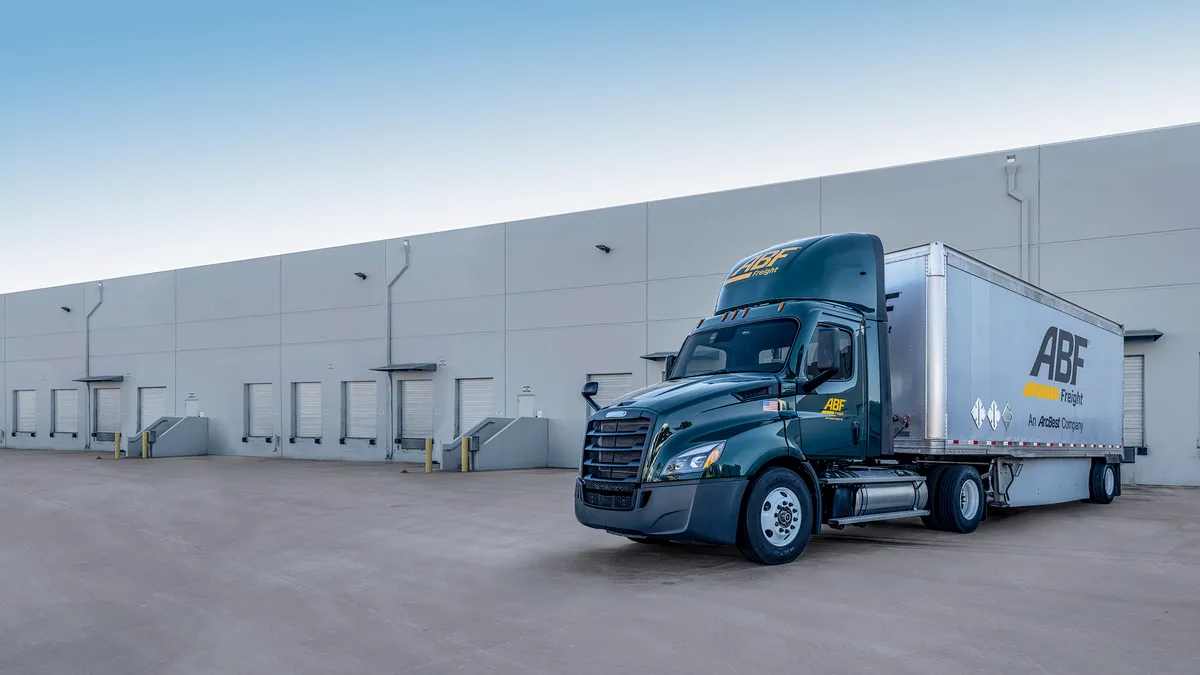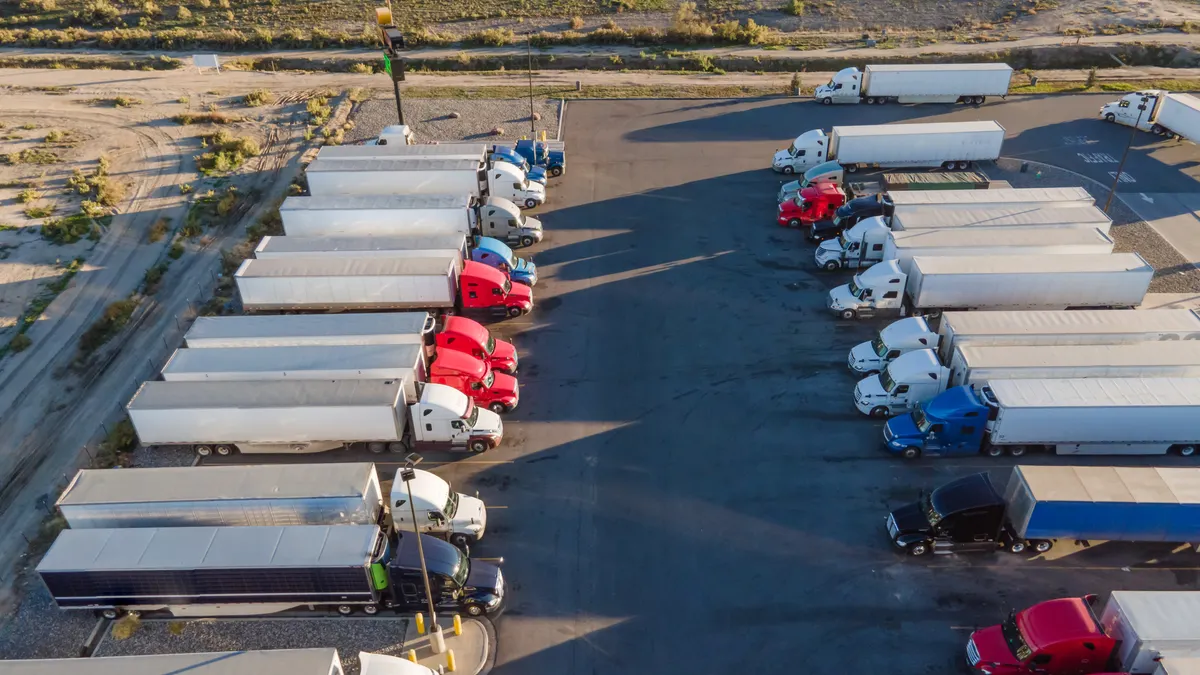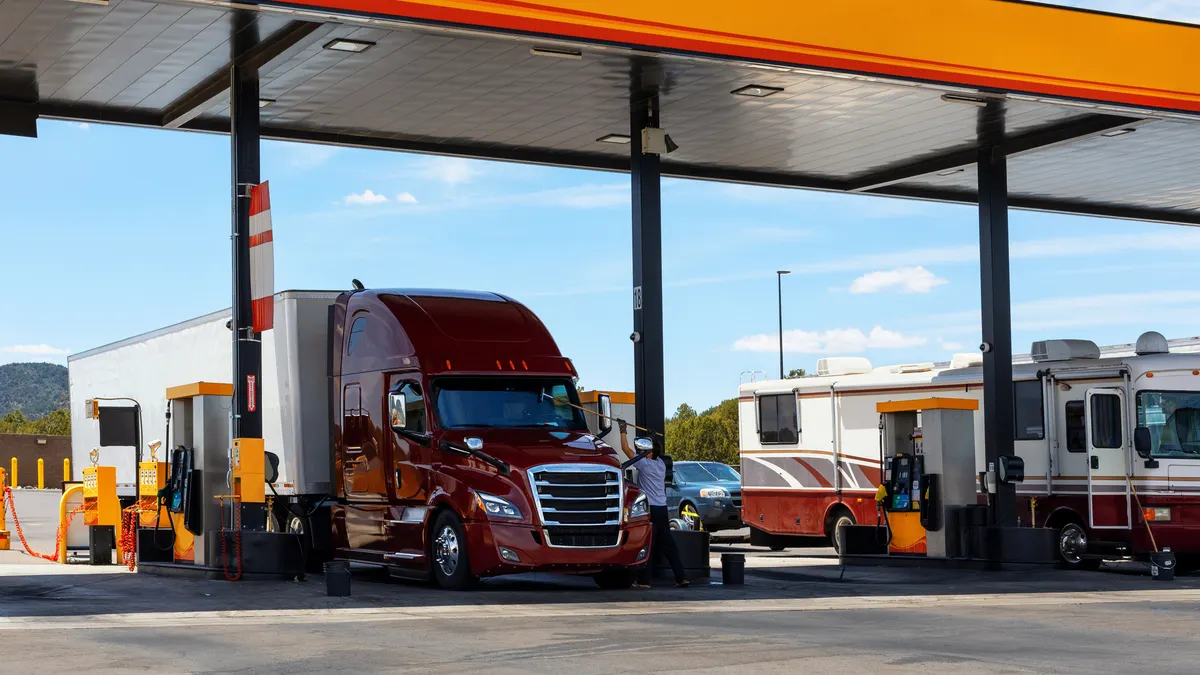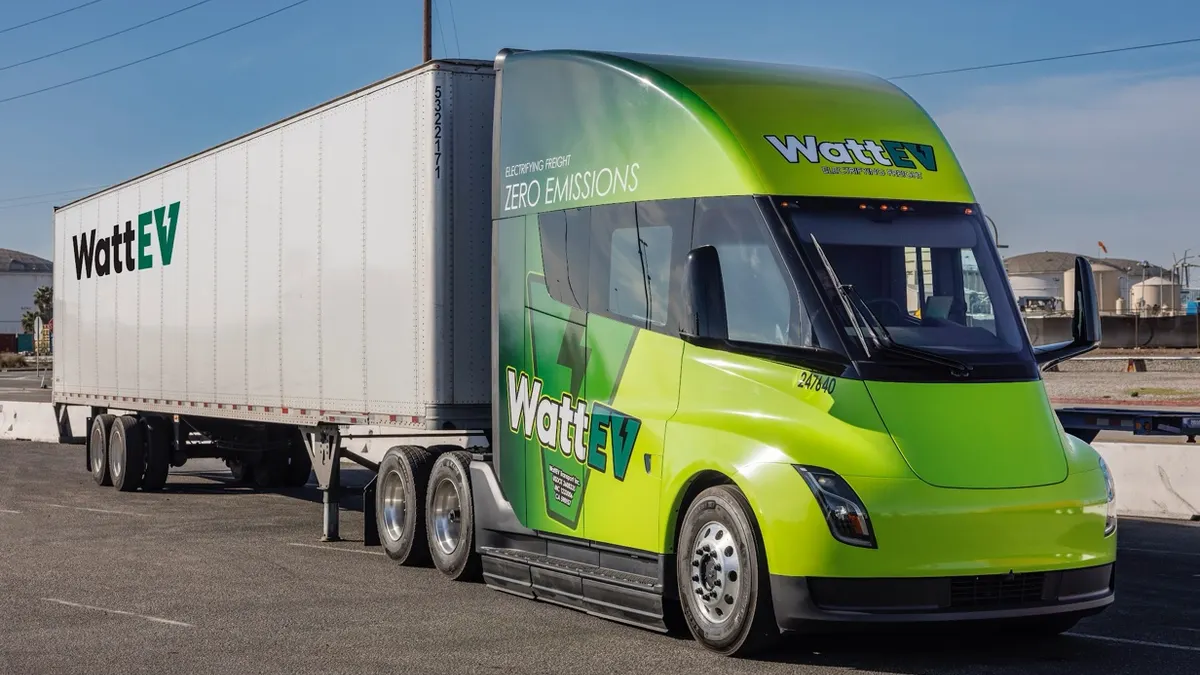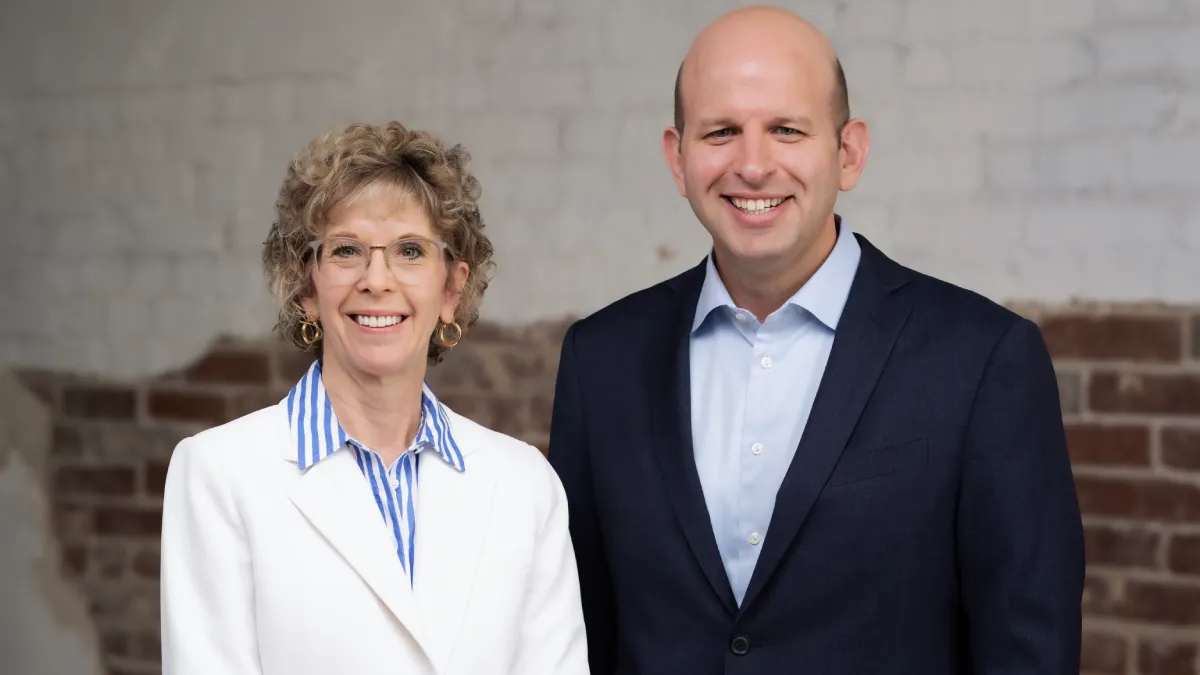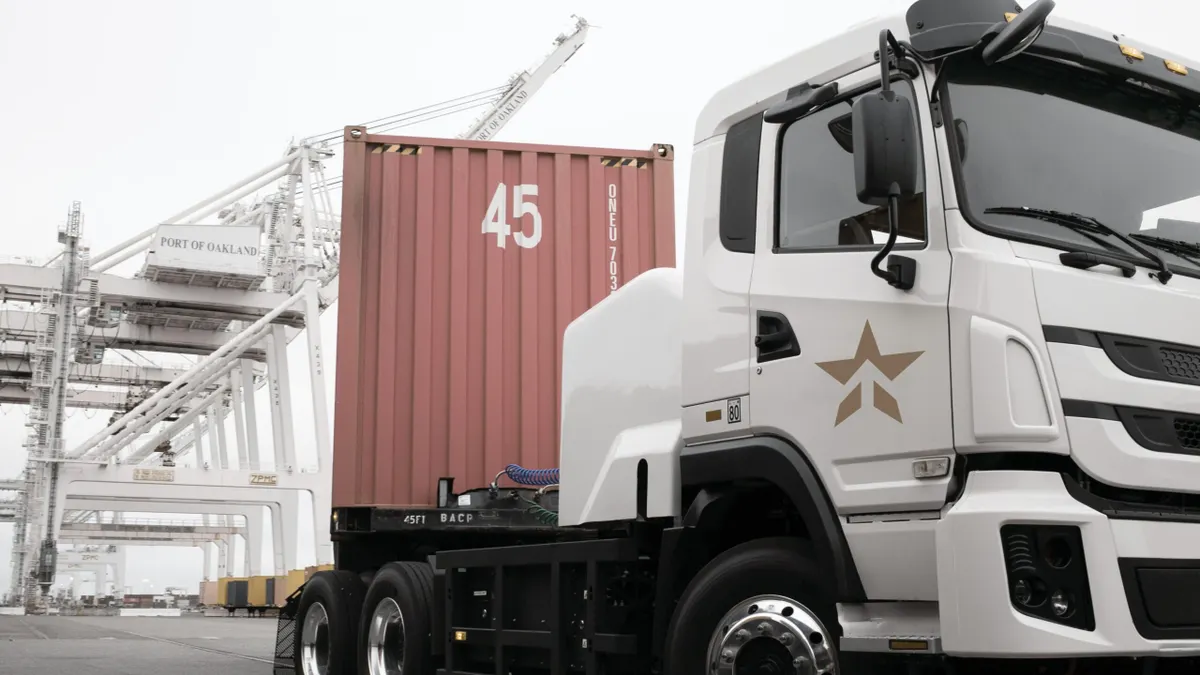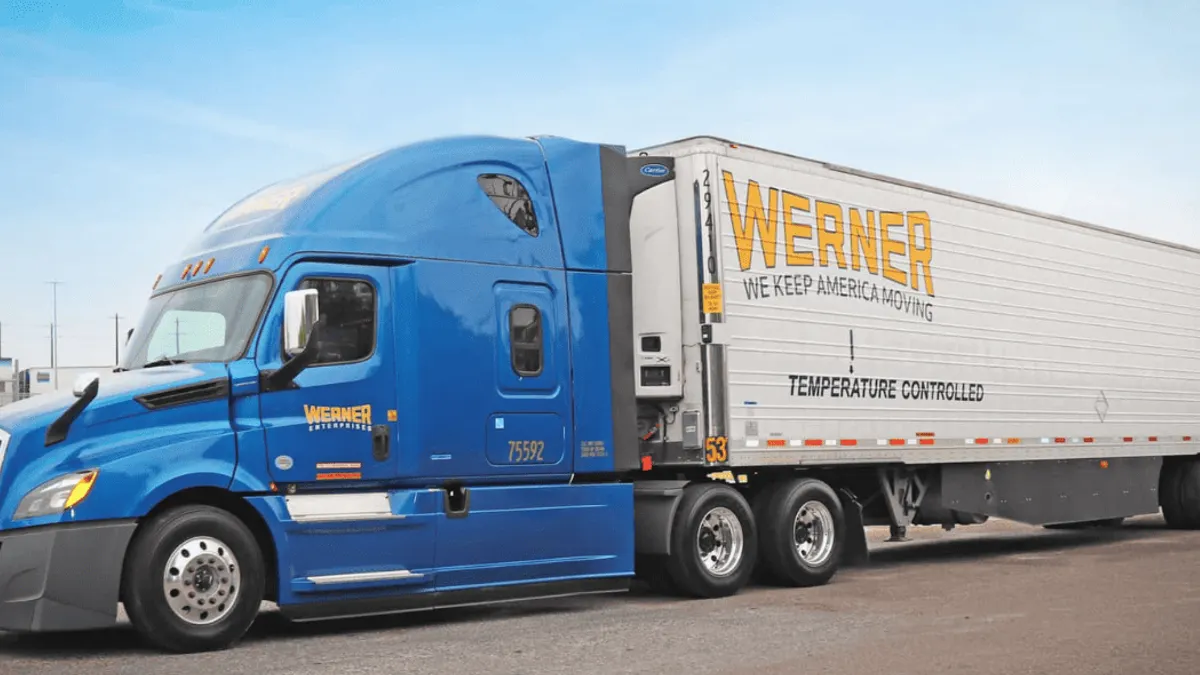Expanding the customer base and growing revenue — of the many mission-critical executions required daily in any business sector, these are among the most important. This is especially true for trucking companies, TL and LTL alike.
Traditionally, both relied on dedicated sales resources to accomplish the task: Operations focused on operations, customer service on customer service, administration on "administrative things." If you asked at an interdepartmental meeting, "Who's in Sales?" only sales representatives would raise their hands.
This was certainly the case at American Freightways, where I was employed in the 1990s. Every department knew its role and performed at high levels. But when we were tasked with accelerating growth inside our existing customer base, it became clear that every department needed to know how to make a sale.
The story of JOM and crumbling silos
Under Sheridan Garrison's leadership at American Freightways those years ago, we grew virtually unimpeded for several years, mainly through geographic expansion. We had a solid reputation, an excellent service product and advantageous pricing.
However, customer-base expansion and revenue growth did begin to slow somewhat as we matured in our markets. The new challenge became, "How do we grow and expand within our existing and maturing markets?"
Then it hit us — the driver, of course. It's the most customer-interfacing position in any LTL company. And from that realization was born our Just One More, or JOM, initiative.
The concept seemed simple enough: Convert the driver position to a driver sales position, and train the driver to ask for "just one more shipment" at every pickup stop. But there were many devils discovered in all the detail required to get this launched, and, certainly, there was early resistance from operations, sales and the drivers.
The traditional (some say, "natural") barriers between departments crumbled under the force of shared commitment.

"Drivers don't know how to sell," some would say. "It'll hurt driver productivity and increase costs." These were legitimate concerns.
But we developed training exercises and materials to support JOM, even printing up business cards for our driver sales people. Some drivers actually ended up being promoted into sales — one worked up to a corporate account sales position.
As for pickup and delivery costs, the additional shipments being secured at the stops actually increased productivity and reduced costs.
What sealed the deal for JOM, though, was the commitment of a regional vice president of operations in Atlanta to the initiative. Through his leadership, sales and operations began to work together — if you can imagine that.
As it became a singular focus in the region, internal relationships changed dramatically. The daily goal was common: Secure as many JOM shipments as possible. And, as this goal became shared with more associates, shipments grew, revenue grew, cost declined and stronger relationships were established across the region.
The traditional (some say, "natural") barriers between departments crumbled under the force of shared commitment.
The Southeast region was so successful that other regions soon followed, and all corporate officers not only supported the process but heavily promoted it. Why, even the corporate attorney and CFO were making sales calls.
Everybody sells
The concept of everyone selling quickly became a part of the company culture. The idea was even expanded to include customer service agents and dispatchers. Local facility clerks essentially become inside sales people. Local sales developed virtual territories composed of small, infrequent shippers for the clerks to call as their time allowed.
This process, dubbed "Dialing For Dollars," was a huge success. And while these processes generated millions of dollars in reduced-cost revenue, their greater impacts would fall in the category of unintended consequences — of a positive nature.
Your people won't care until they know you care.

As these nontraditional sales people became more and more successful, their enthusiasm likewise grew. And, as their enthusiasm grew, others were eager to get involved. "Everybody sells" became the mantra.
Here's what I gleaned from this experience:
- Commit every corporate officer to the initiative and highly market their personal buy-in. The commitment of the workforce will follow. Your people won't care until they know you care.
- Establish a purpose-driven, engaged workforce, and you will prosper.
- Give your people purpose, and they will exceed your expectations.
From my perspective, the greatest impact was not the revenue that was realized. It was the positive impact Everybody Sells, JOM and Dialing for Dollars had on the people and our culture.
Human resources recorded substantially increased levels of employee satisfaction on their annual employee engagement surveys, with almost 100% of those surveyed saying they would recommend the company to their friends seeking employment.
Give your people purpose, and they will exceed beyond your expectations.

Our people came to realize that they had an active role in the success of our customers and our company. In other words, it gave our people a feeling of purpose. And what's more important than that?
No company can prosper without committed customers. Entrust your people to create customer relationships.
Lanny Fleming began his career with Roadway Express in 1977. He was with American Freightways and FedEx Freight for 20 years, and UPS Freight for six. Views don't necessarily represent those of Transport Dive.






